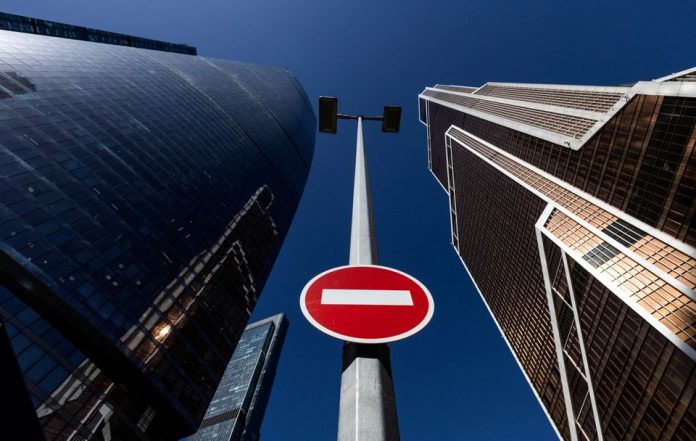After a number of western companies started to leave or cease business in Russia, such as McDonald’s, Starbucks, Car manufacturers, and many other brick and mortar establishments, Russia seems to be implementing a new law to punish future ones. This new law would allow the state to take control of the local businesses of western companies that decide to leave. This law to seize the property of foreign investors raises the stakes and puts the heat on for those contemplating leaving. Companies like IKEA and Burger King still have physical locations open or paused in Russia and they aren’t alone, while 332 multinational companies withdrew with a clean break by halting Russian engagement or completely exiting, it becomes more muddied the more you break it down. Around 445 companies have only suspended operations, keeping options open for return. 158 companies are holding off on new investments and developments, while still continuing substantive business operations. Lastly 223 companies are defying demands for exit or reduction of activities entirely. Any of these ones that have not already left before the law will be subject to possible seizure.
Many foreign companies have announced temporary shutdowns of stores and factories in Russia or complete withdrawal since Putin launched a “special military operation” to demilitarize and “denazify” Ukraine, which has dismissed as a baseless pretext for the war by Ukraine and its allies, many of which are the nations these foreign companies are based out of.
The bill specifically will allow the Russian government to take control and appoint administrators over companies owned by foreigners in “unfriendly” countries, who want to depart from Russia. Moscow typically refers to countries as “unfriendly” if they have imposed economic sanctions on Russia, so any ones based in the European Union or United States are at risk.
The European Commission is also looking to harden its own stance on Wednesday to make breaking EU sanctions against Russia a crime, allowing EU governments to confiscate assets of companies and individuals that evade restrictions against Moscow. Meanwhile, in a move that could push Moscow closer to the brink of default, the Biden administration announced it would not extend a waiver that enabled Russia to pay U.S. bondholders.
The departures of such western companies has angered Russian politicians. Former president Dmitry Medvedev, who is now deputy chairman of Russia’s Security Council, has been a particularly vocal critic of western companies who left, attacking “enemies who are now trying to limit our development and ruin our lives”. “The government is interested in preserving jobs and tax revenues,” said Sergej Suchanow, a lawyer with risk management and compliance consultancy RSP International. “First and foremost, the government will apply the rules to big companies. To avoid an administrator, companies must show they are not leaving their Russian businesses in the lurch.”
The draft law outlines how Russia could appoint an administrator to firms where at least 25% of the shares are in “unfriendly” foreign hands. It gives a range of criteria for intervention, such as when a company plays a critical role as a local employer or provides important services. Making clear that the state can justify taking control on many grounds. The bill cites the example of companies making medical devices but also lists a host of other sectors, such as transport and energy, as well as any firm whose closure could push up shop prices. The Russian state-appointed administrator would also be allowed to sell the confiscated business, while its former owners would be barred from doing business in Russia. A court or the Ministry of Economic Development could decide to put an administrator, such as Russia’s development bank VEB, in charge.
The bill passed its first reading in the lower house of parliament, or Duma, this week but still faces two further readings and an upper house review before being signed by President Vladimir Putin into law which could take several weeks.


